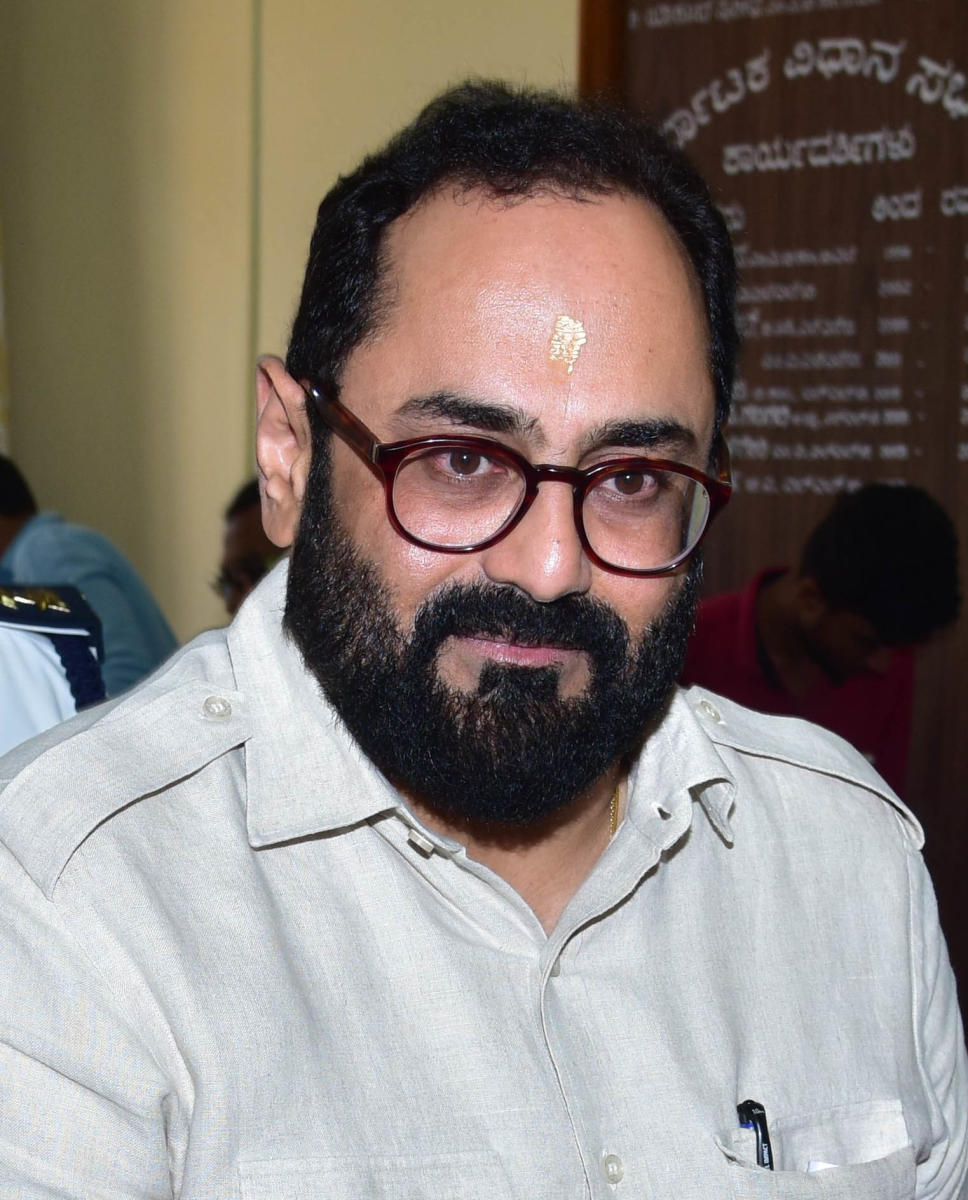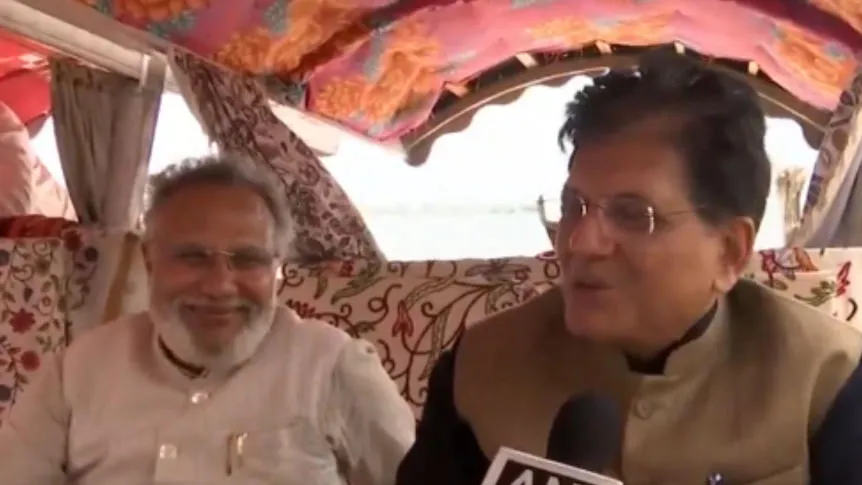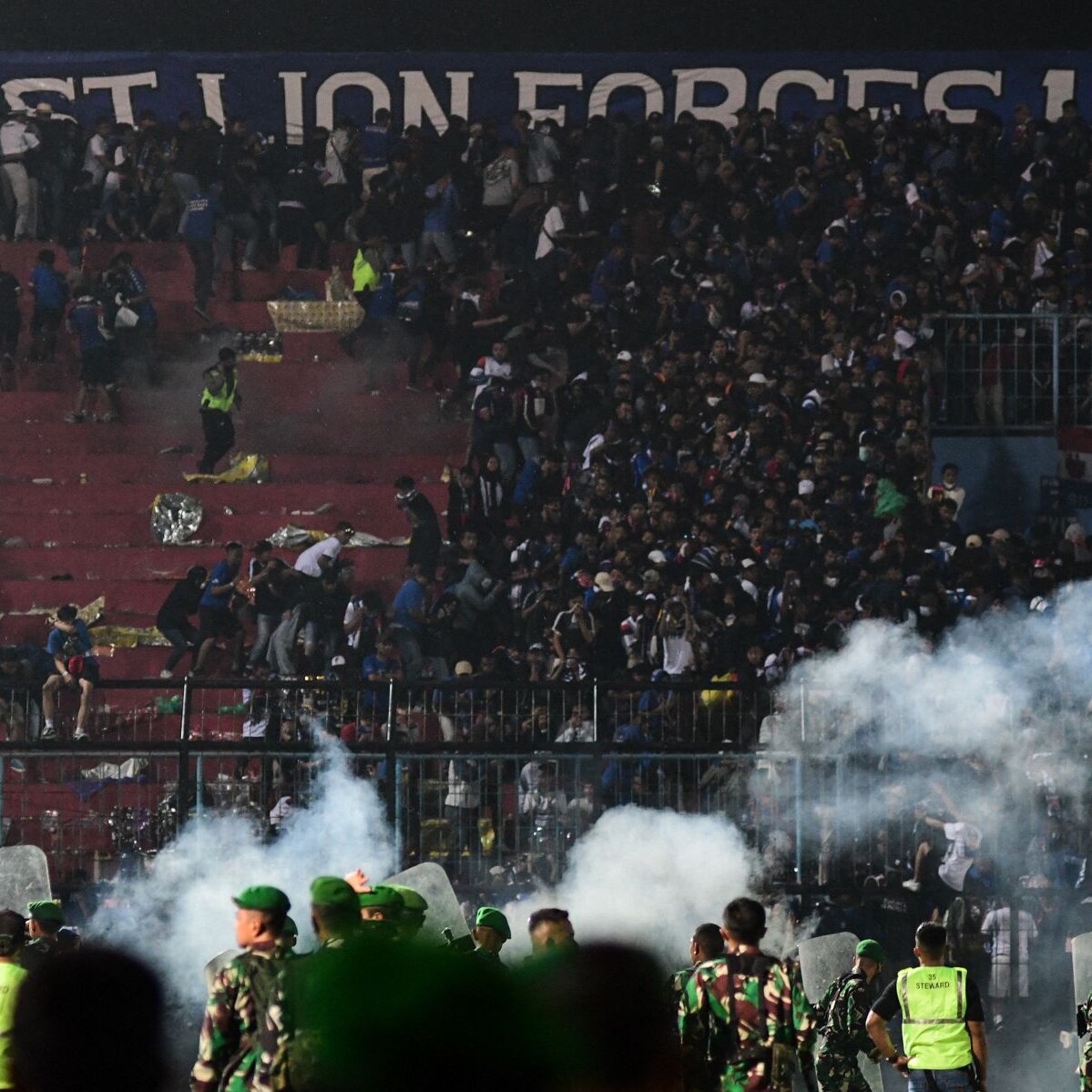This comes after the Calcutta HC struck down the previous list saying religion appears to have been the sole criterion.
KOLKATA: With the West Bengal Assembly elections due in about eight months, the Trinamool Congress (TMC) government led by Mamata Banerjee has moved swiftly to consolidate its core Muslim vote bank by unveiling a new list of Other Backward Classes (OBCs).
This comes after the Calcutta High Court struck down the previous list, observing that “religion appears to have been the sole criterion” for granting OBC status. On Tuesday, Banerjee tabled the revised OBC-A and OBC-B lists in the Assembly, adding 76 new groups and taking the total to 140. Of these, 80 communities are Muslim.
The lists were adopted with lightning speed, despite protests from the opposition Bharatiya Janata Party (BJP). Announcing the move, Banerjee said the issuance of OBC certificates for college admissions and government jobs would resume immediately. “Many recruitment boards had put the process on hold due to legal confusion. That will now be resolved,” she said, adding, “Backwardness, not religion, was the sole criterion in the fresh OBC survey.”
The BJP, however, alleged that the new list suffers from the same flaw as the previous one—being skewed in favour of Muslims. West Bengal’s Leader of the Opposition Suvendu Adhikari called the move “appeasement politics” and claimed that “OBC” in Bengal now stands for “One-Sided Beneficiary.” He pointed out that prior to 2010, only 11 of the 66 OBC groups were Muslim. This development comes even as the Supreme Court is hearing the state government’s appeal against the High Court’s earlier order, which had invalidated around five lakh OBC certificates.
The state informed the apex court that it would complete its fresh OBC survey by the end of June. According to the government, the 76 new groups were included based on recommendations from the West Bengal Commission for Backward Classes. Of these, 51 were added to OBC-A (which includes the “more backward” groups) and 25 to OBC-B. Presenting the commission’s report, the Chief Minister said, “Some quarters are claiming the government is granting reservations on the basis of religion, which is baseless. We have made the new OBC-A and OBC-B lists on the basis of a scientific benchmark survey.
There is no question of using religion as a basis.” Countering Adhikari’s allegations, the TMC said in a statement, “Suvendu Adhikari, we all know that ‘divide and rule’ is the official policy of the BJP. Your only agenda for the 2026 elections is to pit Hindus against Muslims. But CM Mamata Banerjee has made it clear that backwardness, not religion, is the sole criterion for OBC status.”
Last year, the Calcutta High Court had struck down 113 names from the state’s OBC list, retaining 66. Of the scrapped 113, 76 have now been reintroduced, while two from the retained list have been removed. Applications from other communities are pending. During court proceedings, it was alleged that the inclusion of Muslim sub-castes was “based purely on religion,” with categorisation lacking credible data and the survey being “unscientific and prefabricated.” On May 22, 2024, the court ruled that the additions were primarily based on religion. Citing the 1992 Supreme Court judgment in Indra Sawhney v Union of India, it emphasised that OBC identification must be based on objective criteria established by a Backward Classes Commission.
The court noted that between 2010 and 2012, recommendations by the state commission were made with “lightning speed,” without applying any such objective criteria. It observed that the reports appeared designed to conceal religion-based selections and declared that the community had been “treated as a commodity for political ends.” It also invalidated parts of the 2012 Act that allowed sub-categorisation into OBC-A and OBCB without sufficient data, noting that such classification must be grounded in empirical evidence collected by the commission.
The High Court verdict came during the Lok Sabha election campaign, with the BJP accusing the ruling TMC of diverting reservation benefits from Hindus to Muslims. Even as the Supreme Court prepares to hear the challenge next month, the Mamata Banerjee government hopes to neutralise the controversy with its revised OBC list, asserting that this time, it’s driven by data, not religion.





















